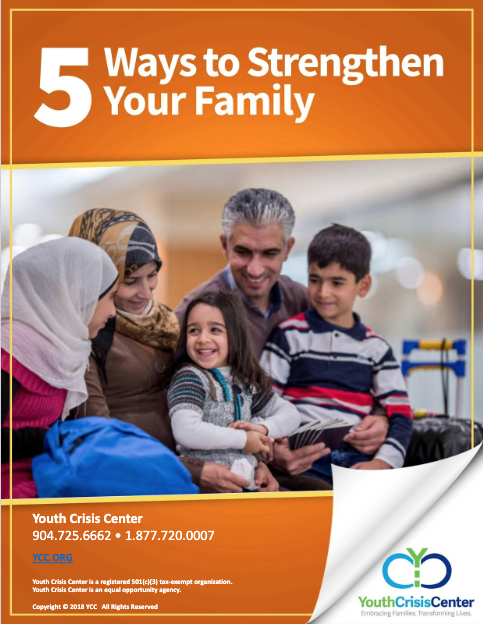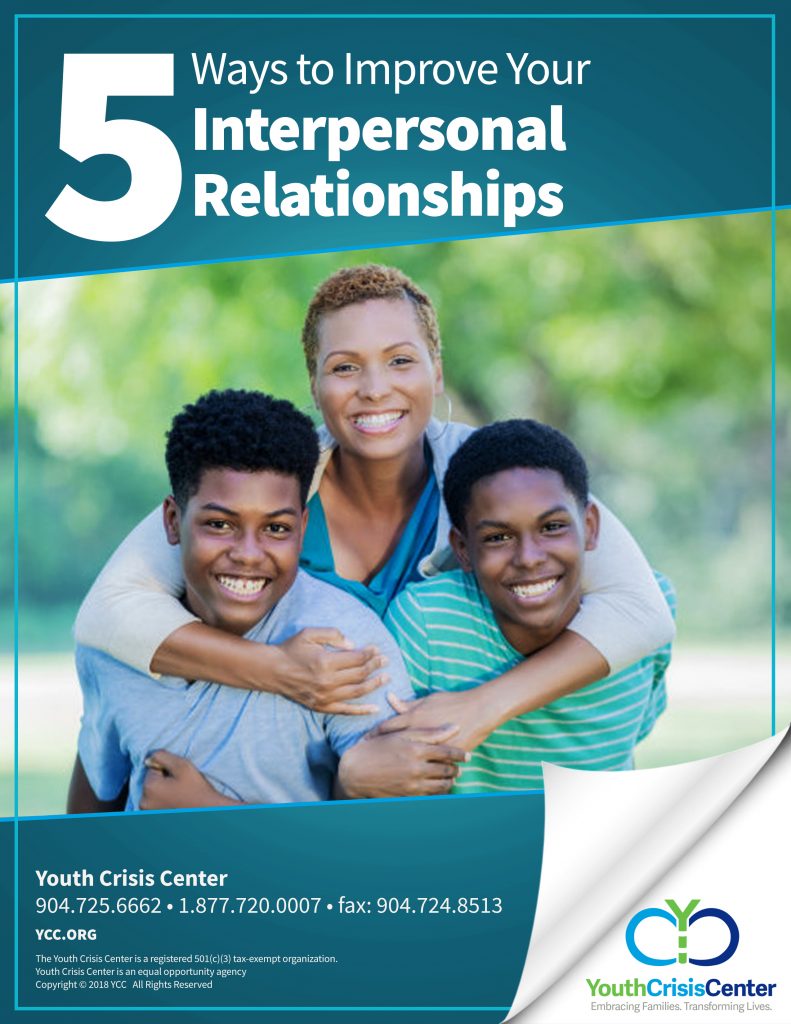The kids are home from school and you’re probably working from home as the world continues to deal with COVID-19. For some families, this could be a dream come true to spend the entire day with their loved ones every single day. Others might not know how to deal with this kind of scenario because it rarely ever happens for them. Being at home with your loved ones all day when you’re not used to it could cause conflict, according to Family Link Therapist Jessica Beal.
Finding Time for Yourself
Beal recommends finding time for yourself as the calls for “social-distancing” continues. She says the feedback she gets from her clients is that tension is higher due to boredom and feeling trapped. Beal says she has been suggesting to her clients to spend time safely outside. She also recommends using your extra time for personal hobbies like video games, exercising or developing a new skill.
Establishing a Routine
It can be difficult to keep track of days for some people who are being told to stay home due to the virus. Whether you’re working from home, doing your college work, or helping your kids get their schooling done; Beal strongly encourages getting into a routine. Before this happened, chances were that you had some type of schedule or routine for your job or everyday activities. As the world deals with this time of uncertainty, having a regular routine can help you keep your mental and physical health in check. Beal says she has been recommending that her clients continue to wake up at their normal time, eating regular meals, and taking care of their hygiene. This also can be said about working or schooling from home, for example setting up a work space or designating an area in your home to schoolwork. Setting a routine can also help with possible tension in the house by limiting distractions while one is trying to work or learn.
Social Interactions
At a time of social distancing, it is important to not social isolate yourself form your loved ones. Beal shares that many of her clients have been getting creative and using video conference platforms to hang out with friends as a group. She says social interaction with others is especially important during this time with an emphasis on video chats and phone calls.
Youth Crisis Center’s Family Link Program
YCC’s Family Link program provides professional and compassionate short-term, outpatient counseling services to families with children ages 6-17 who are experiencing concerns that could disrupt the health and stability of the family. These services are available at no cost to residents of Baker, Clay, Duval, St. Johns and Nassau counties through appointments at the child’s school or other community locations. Click to learn more about Family Link and the 5 Ways to Strengthen Your Family. All Family Link counseling sessions are confidential. To learn more about services, please call (904) 725-6662.












